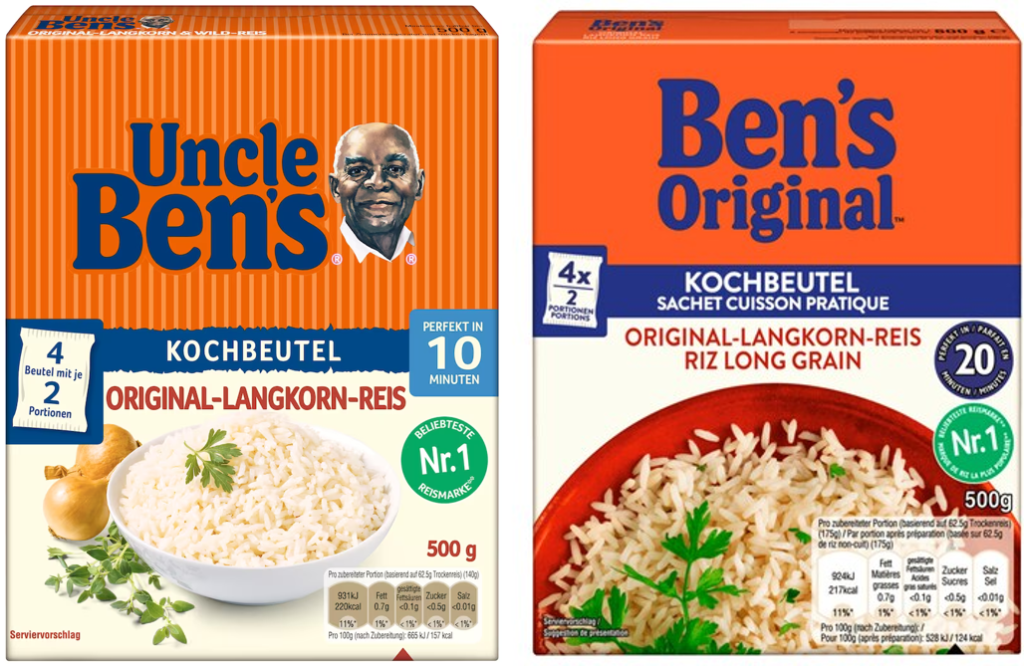


Part 4 of the NOMEN Gen Z study:
Sustainability, diveristy and global influence: Future oriented brand names for Gen Z
In the fourth part of the series on brands and naming, the qualitative study conducted by NOMEN in November 2023 takes a look at the importance of sustainability, diversity and global influences and how these factors shape the brand preferences of Generation Z.
The search for truth and authenticity
Gen Z searches for truth and authenticity, not only in the area of brand communication but also in the values that the brand represents. Companies that stand for social causes have a clear advantage. In this contect the brand name plays a crucial role as it should mirror the values and goals of the brand.
Sustainability as a differentiating factor
Sustainability is becoming increasingly important for Gen Z. Brand names that refer to sustainability or emphasise environmentally friendly actions have the oppurtunity to arouse the interest of this target group.
Diversity and inclusivity in brand names
Gen Z is the most diverse generation and brand names should mirror this diversity. Unisex names that are not gender categorised are on trend, according to a McKinsey study. Brand names should be inclusive and not exclude any groups in order to appeal to the broad diversity of Gen Z. A good example of this is the fragrance ‘CK Everyone’ by Calvin Klein.

Linguistic trends and global influences
The language of Gen Z is hybrid and characterised by global influences. Brand names can reflect this diversity by combining different languages and cultural elements, such as in the names Veganz, Knäck’it, Beaudy or Happyvore. Different linguistic elements are also often combined in communication, e.g. BMW The Neue New or Sofitel: Life is Magnifique!
Exceptions confirm the rule
The blending of English words in everyday French is also becoming increasingly popular in France. Nevertheless, many young people say that they struggle with the pronunciation of English brand names. A well-known online marketplace for second-hand luxury and designer goods founded in France was therefore deliberately given the French brand name VestiaireCollective (meaning changing room).
The use of first names as brand names, the addition of prefixes such as “girl/boy” or the inclusion of gender-neutral terms are further examples of linguistic trends that appeal to Gen Z. As a general rule, brands should feel more like friends (brand-as-buddy) and not like companies. Examples here are PayPal or Teamate.
Socio-political themes in focus

Brand names that have clear attitudes towards socio-political themes such as racism are gaining the trust of Gen Z. Brands like Adidas and Nike are very popular, not least because they have launched campaigns against racism in the past. Another example is the US food company, Mars which has renamed its rice brand ‘Uncle Ben’s’ (which has associations to slavery) to ‘Ben’s Original’ in order to remove any racist connotations from the name. Themes such as climate and animal protection are also important to Gen Z. According to Fleischatlas 2021, 21% of 15-19 year olds in Germany alone are vegetarian or vegan.
Accordingly, it is important to them that the food industry pays attention to climate and animal protection. However, it is essential to avoid greenwashing and ensure that the brand’s actions correspond to the proclaimed values.
Conclusion: Brand names for a sustainable and diverse future
Gen Z values a sustainable, inclusive and globally oriented world. Brand names should mirror these values in order to gain the trust and loyalty of this influential generation.
Foto: Patagonia